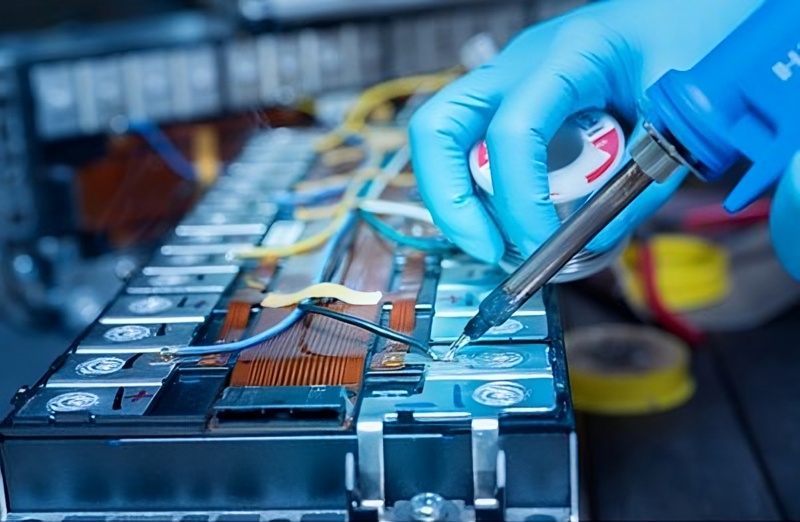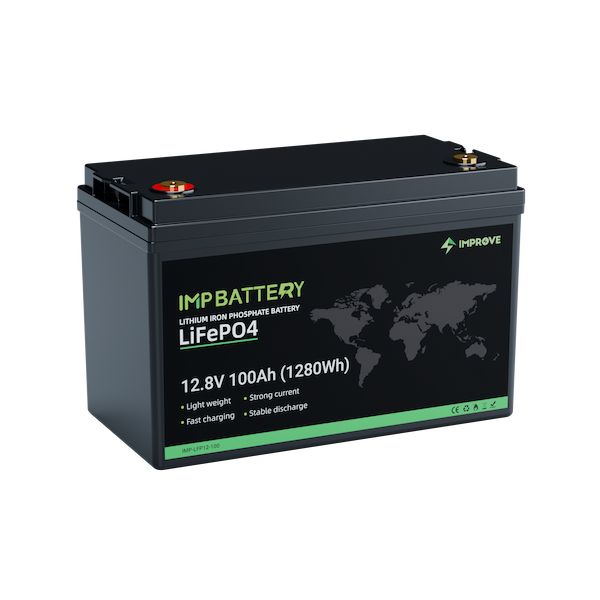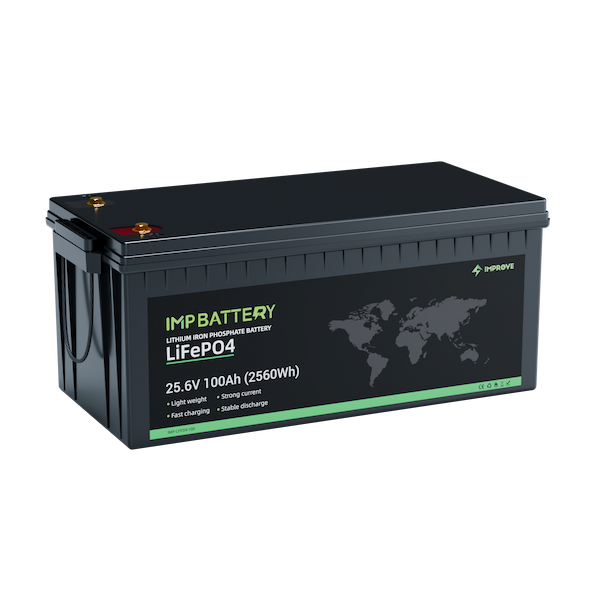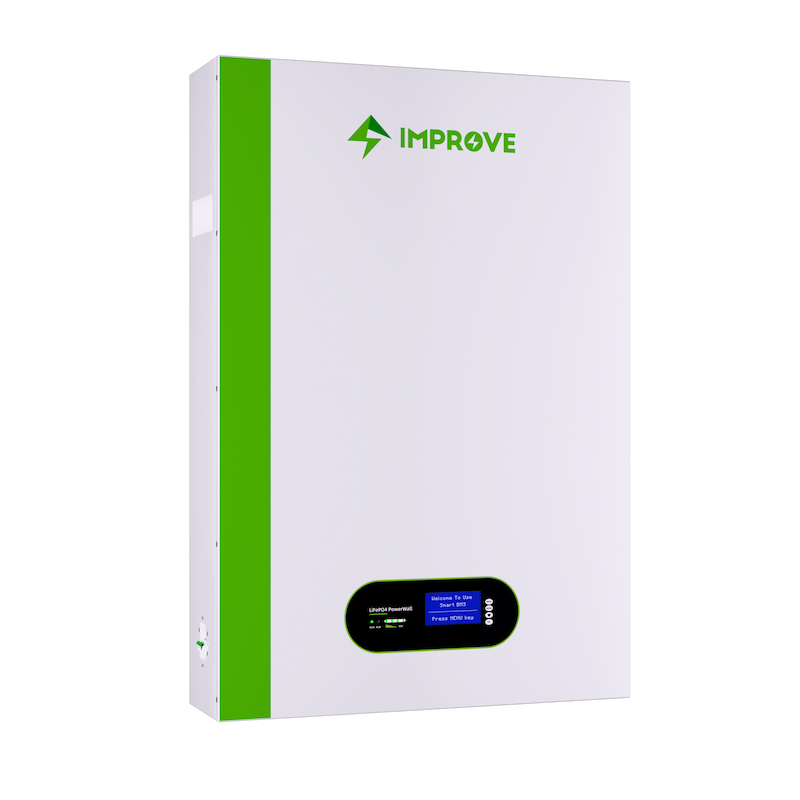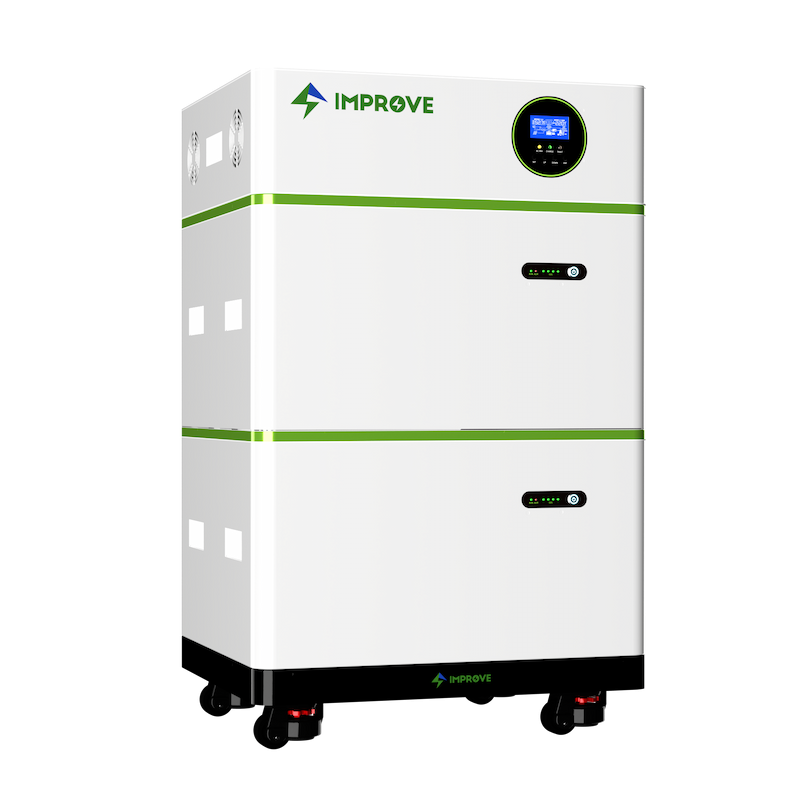LiFePO4 battery packs are widely used in new energy vehicles and have many advantages over traditional batteries. However, like all batteries, LiFePO4 batteries require proper care and maintenance to ensure their longevity and reliable performance. In this article, we will discuss some tips on how to protect and maintain your LiFePO4 battery pack for maximum efficiency and lifespan.
Regular Inspection
Regular inspection is crucial for both traditional and new energy vehicles. If you notice a sharp decrease in your vehicle's mileage, it may be a sign of a problem with your LiFePO4 battery pack. In such cases, it is essential to have your battery pack checked and repaired by a professional technician immediately.
Charging Time
It is important not to overcharge, overdischarge or undercharge your LiFePO4 battery pack. Overcharging can lead to excessive heat buildup, which can damage the battery and reduce its lifespan. If the battery temperature exceeds 65°C during charging, it is best to stop charging immediately to avoid any potential danger.
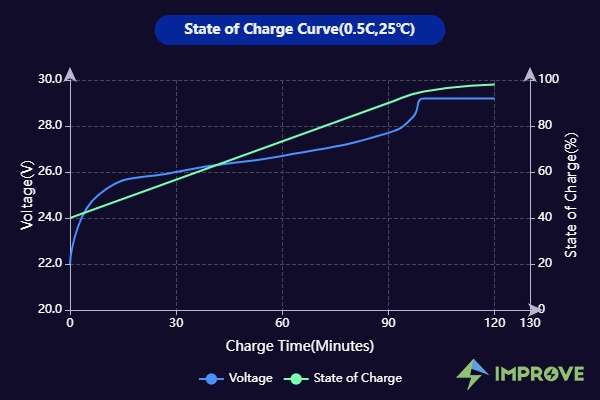
Avoid Restarting After Complete Discharge
When your LiFePO4 battery pack is completely dead, and your vehicle cannot be started, avoid repeatedly trying to start it as it can cause damage to the battery pack. The battery may become over-discharged, and eventually, it may not be able to charge again, rendering it useless and requiring costly replacements.
Use the Correct Charger
Use a regular Li-ion battery charger to charge your LiFePO4 battery pack. Avoid using inferior or other types of battery chargers, which can damage your battery and reduce its lifespan. Also, avoid knocking, acupuncture, ravaging, refitting, exposing to sunlight, or placing batteries in microwave or high-voltage environments.
Avoid High Current Discharges
Avoid heavy acceleration during start-up, as it can cause large current discharges, leading to lead sulfate crystallization. This crystallization can damage the physical properties of the battery plate and affect the battery's lifespan.
Charge When Idle
LiFePO4 batteries can become sulfated and lead sulfate crystals can attach to the battery plate when the battery pack is always in a state of power loss when the car is idle. Therefore, it is essential to do a good job of charging the battery when the vehicle is idle.
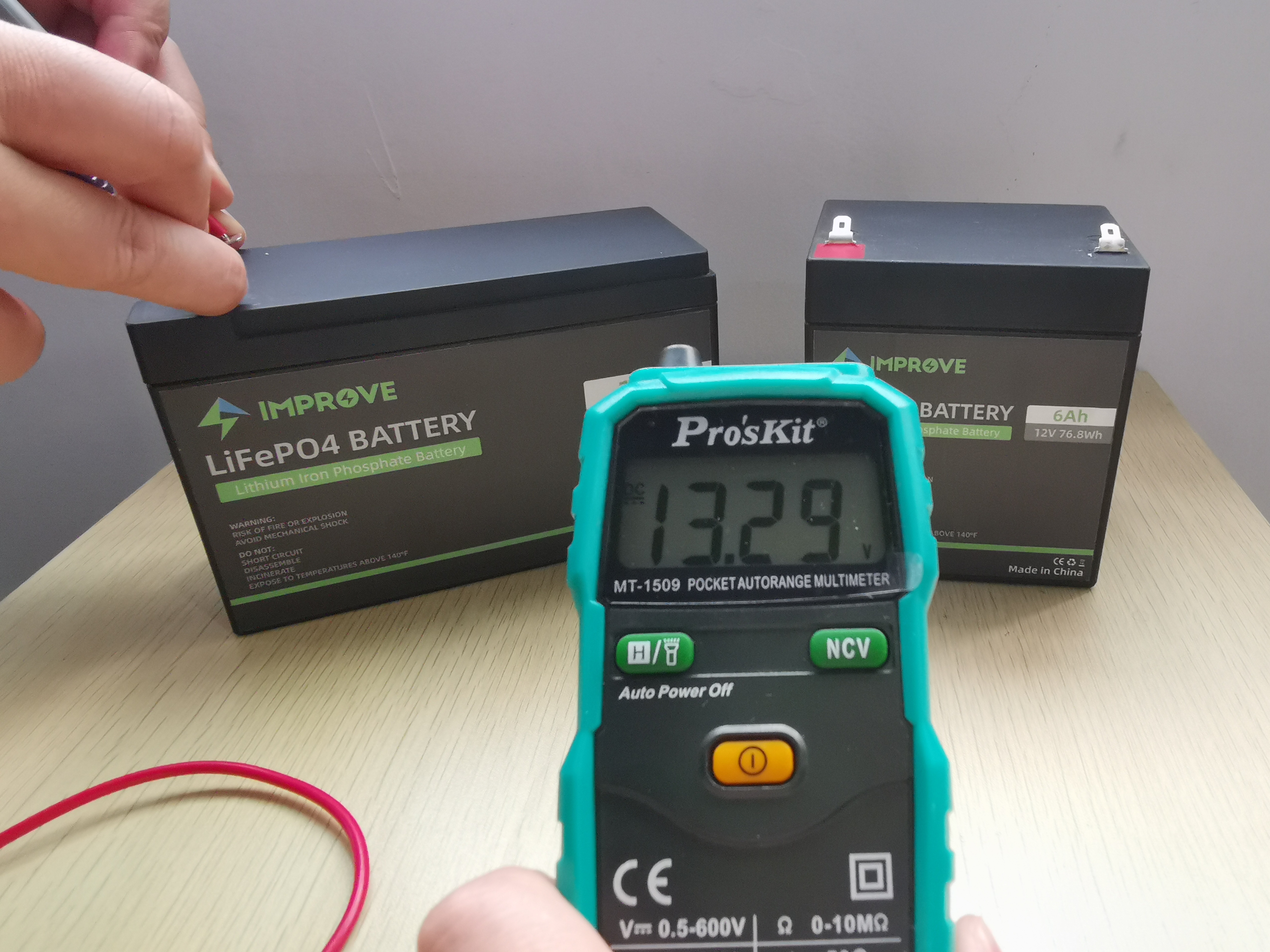
In conclusion, LiFePO4 battery packs are vital for new energy vehicles, and proper maintenance is critical to ensuring their longevity and performance. By following the tips outlined above, you can extend the lifespan of your LiFePO4 battery pack, reduce the risk of damage, and avoid costly replacements.


